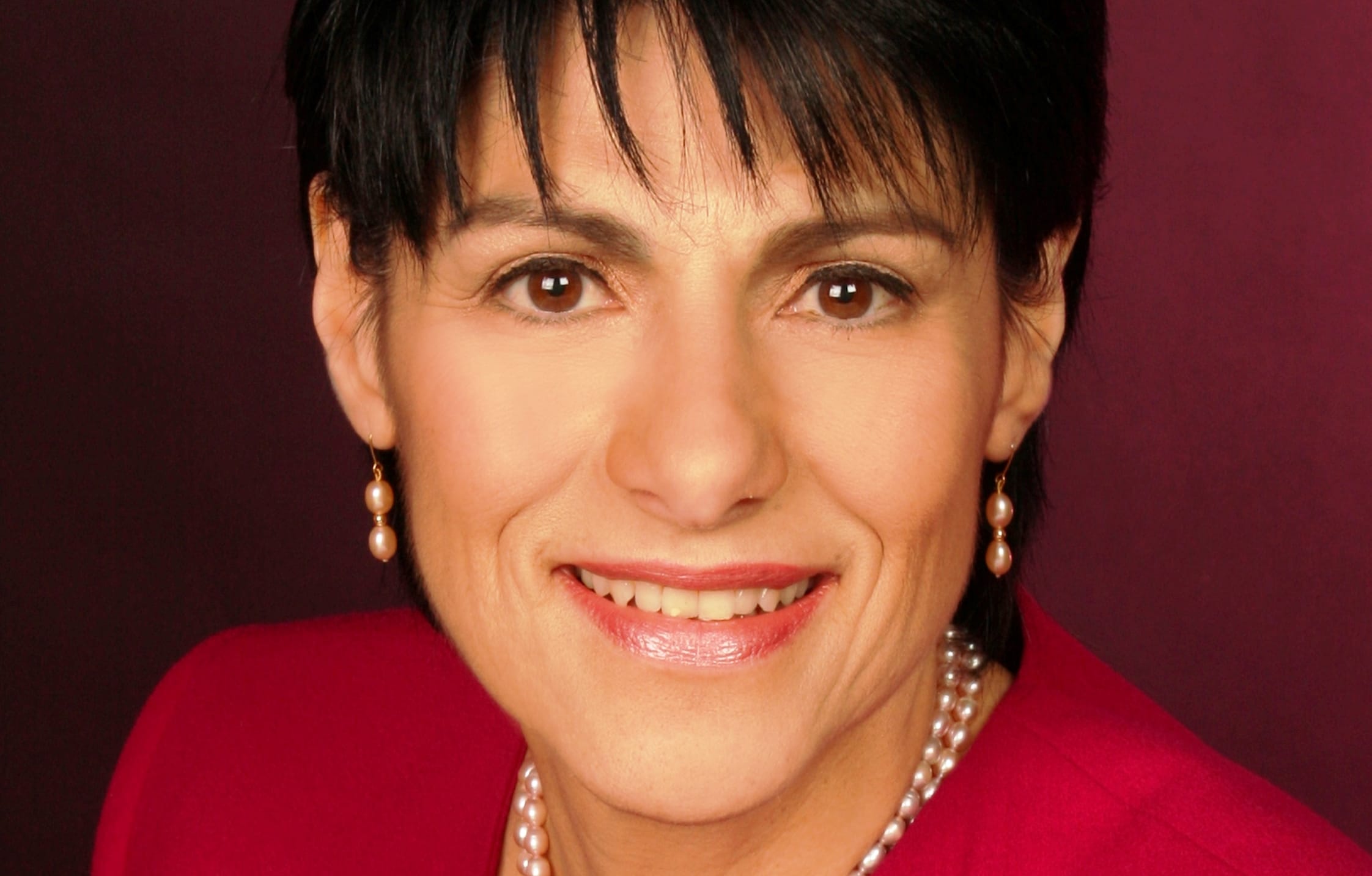Too much focus on success rather than enjoyment of music is leading to young musicians facing incapacitating levels of performance anxiety later in life, says music and psychology professor Dianna Kenny.

Dianna Kenny Photo: Supplied
Teachers and parents giving children music that is not within their capabilities can feed the child's 'inner critic', she says.
“Instead of it [music] being an aesthetic art for enjoyment and uplift, it’s just nothing but competitions and auditions,” she says. “You see these young musicians being constantly put onto the stage… people love to see these child prodigies.”
For a while, the young can deal with the pressure, but as time goes on they become less able to cope. “Some leave the field altogether or start relying on medication in order to get them through their performances,” Kenny says.
“The end result is they put pressure on themselves. They’ve had a huge amount of pressure from the whole way in which music is taught and performed these days. It may come from parents, it may come from teachers… and it comes from peers because they are constantly competing.”
Children present the same stress hormones as adults. “Researchers also found very similar increases in circulating stress hormones in the blood of pre-school and kindergarten children who were doing their Xmas concerts for their parents,” she says. “It does appear to be a universal phenomenon and it spans mild to very serious to debilitating.”
A number of surprising “red flags” for further investigation were discovered through Kenny’s research studying professional orchestral musicians in Australia. She found 22 percent of musicians may meet criteria for a diagnosis of social phobia; 22 percent answered yes to a question screening for post-traumatic stress, and 33 percent returned a positive depression screening.
“People don’t realize how complex an act making music is,” she says. “The performance of music at a high level is on a par with surgery... and some levels of surgery are not as complex as musical performance. It’s no wonder that people are stretched to their absolute limit in terms of their coping capacity to produce faultless performances time after time.”
Kenny has identified three distinct groups of people who suffer with performance anxiety. The “focal” group are those who are “psychologically robust” but experience anxiety when they are in an audition or a competitive environment. Butterflies, sweating, shaking hands and a racing heart are all part of it. Kenny says this is normal.
The second group suffer from social anxiety as well as performance anxiety. There’s an underlying condition that’s causing their performance anxiety and Kenny says this group experience anxiety in other aspects of their life.
The third group are those who have severe symptoms. “I don’t want to use the word “damaged”, but [they] have significant psychological issues that is accompanied by depression, panic, or panic disorder.”
Her research shows younger women and the “inbetweeners” – those between 41 and 50 suffer from performance anxiety the most in a professional setting. Women, according to Kenny, are more likely to suffer with anxiety generally, so it came as no surprise that this was reflected in her research. But what was surprising was those in their 40s.
This is an age where professional musicians have been playing their instruments for some time and are starting to look vulnerable. “From a life perspective they are the inbetweeners – they’ve got their own children as well as increasing responsibility with aging parents. They’ve got a lot of life stress,” she says. “It’s also an age where they’ve been playing an instrument for 25 years and where more chronic muscular skeletal injuries create difficulties performing.”
Like other musicians, orchestra musicians are turning to substances to cope with their performance anxiety. Drug and substance abuse isn’t usually associated with orchestral musicians, but 31 percent use beta blockers. “People found it shocking because classical musicians have not been associated with substance abuse the same way pop musicians have,” Kenny says. “It’s [classical music is] supposed to be a “pure” art.”
Alcohol consumption is common. Kenny says many don’t drink before the performance as it impedes their fine motor skills, but some consume alcohol after a performance to “come down”.
When musicians are stressed they also practice more. It’s a way to “bullet proof” their performance. Under preparation increases anxiety. “If you overlearn the material… it increases chances of performing well in the actual moment when you need to.”
There is a range of intervention and treatment for performance anxiety. It varies depending on which of the three groups you fit into. For those in “focal” Kenny recommends education around why our bodies react the way they do and cementing a good performance preparation. It’s also important for teachers to choose repertoire within their students’ level of technical mastery.
For those who have performance anxiety and social anxiety, Kenny says it’s important to treat the social anxiety first. “Often they have the technical mastery but not the self-confidence to pull it all together,” she says.
While for those who have underlying depression and panic disorder Kenny recommends a psycho-therapeutic approach. “Some people think you can treat performance anxiety with breathing, relaxation and cognitive behavioral therapy,” she says. “That can be effective with the less troubled musicians… but it’s not effective for these people. They need to address the unresolved, underlying issues that have occurred early in life.”

